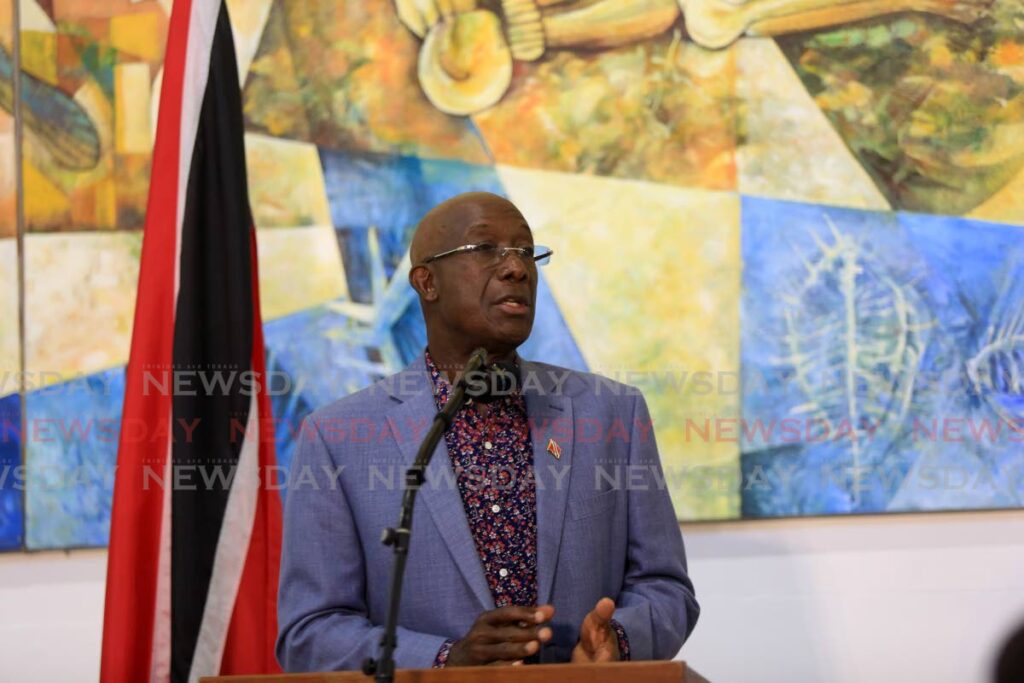Closing the implementation gap

THE EDITOR: If I had one wish for my country, it would be to overcome the implementation deficit which plagues every aspect of our society. From the litter law, to the electronic speeding tickets, to the Beverage Container Bill, to the procurement legislation – and the list goes on and on. We seem unable/unwilling to implement the ideas which will drag our country out of the morass of underdevelopment.
The idea behind reforming the public sector procurement regime predates the 2005 White Paper, but that August 2005 White Paper codifies what should be done, and how it should be done. It even outlines the preferred procurement model.
The nine-member committee included representatives from the Ministry of Finance, the TT Manufacturers Association (TTMA), the Tobago House of Assembly (THA), the TT Transparency Institute (TTTI), the Central Tenders Board, the TT Chamber of Industry and Commerce, and the Joint Consultative Council (JCC).
This White Paper was created under the Patrick Manning-led PNM administration, which included our current Prime Minister, so there is an intimate understanding of the importance of operationalising the legislation. Is this lack of implementation deliberate or coincidental?
Seventeen years later the White Paper has transitioned to the Public Procurement and Disposal of Public Property Act, but our government continues to spend billions of dollars without the establishment of either the operational framework or the oversight institution. A major negative impact is that tendering and procurement procedures can still be manipulated according to what the leadership wants to achieve.
Morality and transparency were the clarion calls in the PNM’s 2015 general election manifesto, page 21 of which states: “We will move swiftly to make the necessary improvements to the Public Procurement Act, in order to remove loopholes, limitations and weakness that currently exist in the legislation, and, in consultation with all stakeholders, establish and implement a realistic timetable for the full implementation of the act.”
Seven years later we are still wobbling and hemming and hawing over its operationalisation.
Is this truly an implementation deficit? Or, like so many other things, is it that the leadership is waiting for the right players to be lined up before pressing the approval button and ensuring implementation?
The public sector team which pushed for the transformation to a modern procurement system included the TTMA, the TTTI, the TT Chamber of Industry and Commerce and the JCC.
These voices need to be collectively reignited to push the Government to remove the bottlenecks that are preventing implementation. Implementing a modern, efficient procurement system can only benefit our country. Daily citizens are exposed to the effects of our poorly implemented procurement system and daily we see a lack of accountability. For example, when the clippings on the side of the highway are not removed for more than six weeks, it is an example of weak implementation of a procurement system.
An efficient and effective procurement system can result in money being available for drugs in our hospitals, money to pay teachers a living wage, money for the repair of potholes, and money for all the areas where we are underperforming.
An efficient and effective public procurement system can be the backbone of a well-functioning government and God knows that this government needs to begin to function in our collective interest.
Let’s do this!
DENNISE DEMMING
via e-mail


Comments
"Closing the implementation gap"